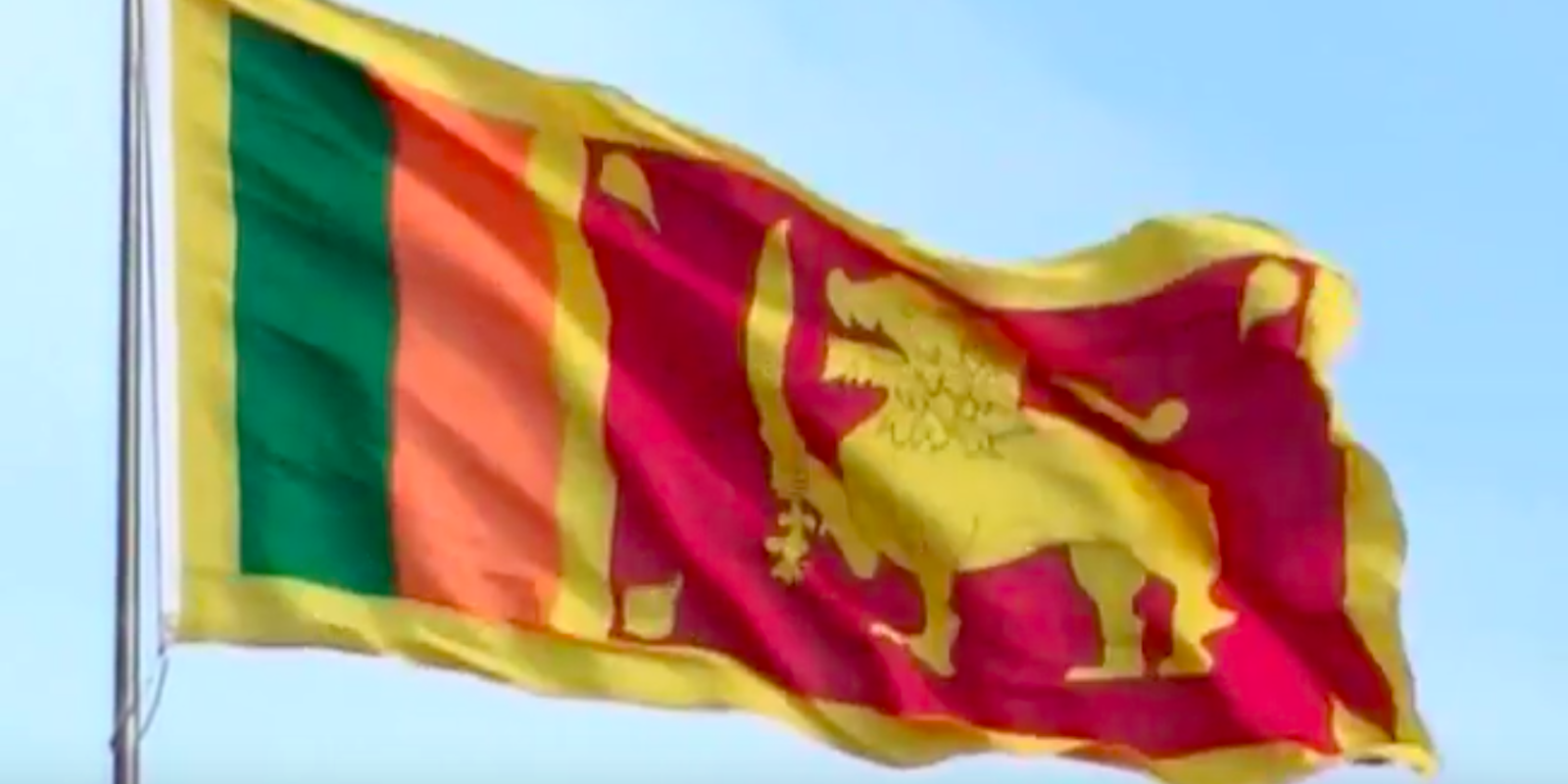The government of Sri Lanka has shut down access to social media platforms including WhatsApp and Facebook in the wake of a series of bombings that have killed more than 200, according to the Washington Post.
“The government has decided to block all social media platforms in order to prevent incorrect and wrong information being spread. This is only a temporary measure,” Udaya R. Seneviratne, secretary to President Maithripala Sirisena, said in a statement. According to CNN, Seneviratne said the measure was in response to false reports circulating on Facebook and WhatsApp. Instagram, Snapchat, and the social media platform Viber were also affected, according to BuzzFeed.
According to the Washington Post, researcher Sanjana Hattotuwa of the Centre for Policy Alternatives in Colombo had found that unverified information about the perpetrators, death toll, and injuries was rapidly making its way around Facebook and Twitter.
‘There are new Twitter accounts popping up putting out unverified information. There are Facebook posts which violate the guidelines through either intent or are graphic in nature,” he told the Post.
The Sri Lankan government has shut down social media in the wake of violence before, after anti-Muslim violence in March of last year.
According to the New York Times, Prime Minister Ranil Wickremesinghe cautioned citizens not to believe false information currently making the rounds online, and the Red Cross disputed a claim that one of its buildings had been attacked.
As of Sunday evening, police have arrested 13 suspects in connection with the bombings, which have killed 207 people as of this writing. The bombings targeted three churches and three hotels on Easter Sunday. St. Anthony’s Shrine in Colombo, Sri Lanka’s capital, St. Sebastian’s Church in Negombo, just north of Colombo, and Zion Church in Batticaloa were all targeted, as were luxury hotels the Cinnamon Grand, the Kingsbury, and Shangri-La, all in the capital. A blast at a small hotel near the national zoo and one at a housing complex in a Colombo suburb were both reported. Defense Minister Ruwan Wijewardene said that the attacks were coordinated and carried out by a single group.
The Times reports that British, Turkish, Chinese, Dutch, Indian, Danish, and Portuguese nationals, as well as two dual citizens of the U.S. and the U.K. are among the casualties.
Facebook told BuzzFeed it is “working to support first responders and law enforcement as well as to identify and remove content which violates our standards.”
“We are aware of the government’s statement regarding the temporary blocking of social media platforms. People rely on our services to communicate with their loved ones and we are committed to maintaining our services and helping the community and the country during this tragic time.”
Twitter declined the Daily Dot’s request for comment.
The Sri Lankan government has said that the social media blockage will be in effect throughout the duration of the investigation.
H/T Washington Post
READ MORE:
- How to delete a Facebook page
- How to deactivate Facebook
- Facebook says ‘millions,’ not ‘tens of thousands,’ affected by Instagram password bug
- Facebook bans many of the U.K.’s infamous far-right groups


